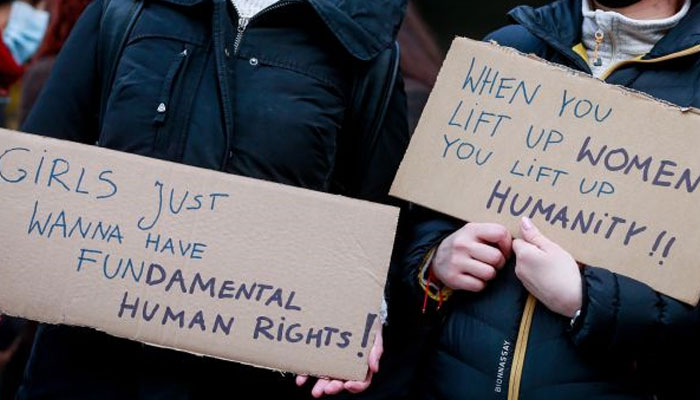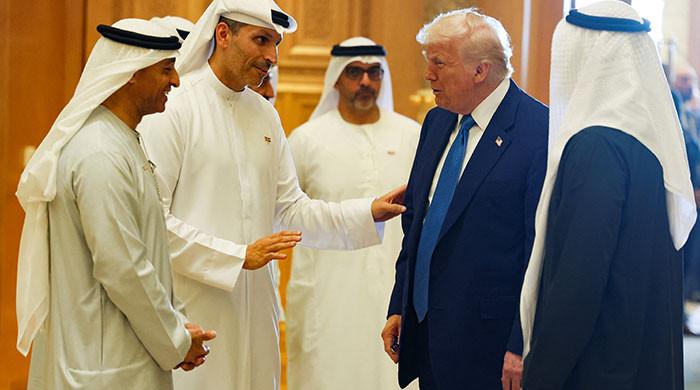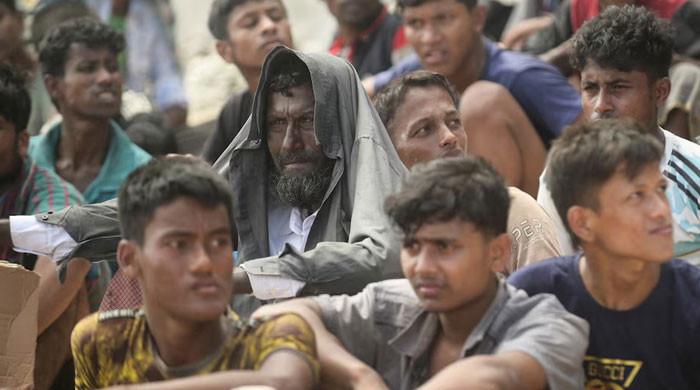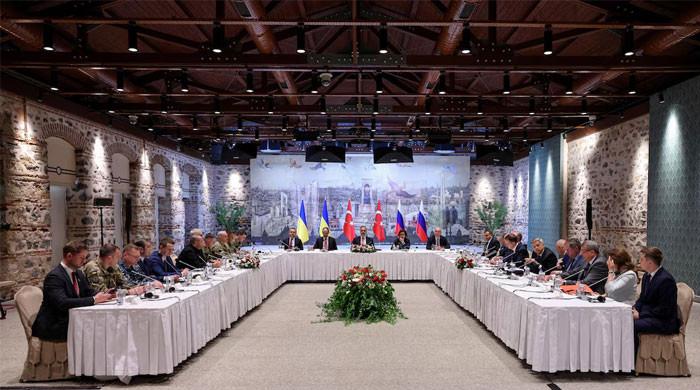90% of people biased against women, UNDP report reveals
These biases manifest in various ways, including the underrepresentation of women in leadership positions
June 13, 2023

A new report from the United Nations (UN) has highlighted the prevalence of "fundamental biases" against women, signalling a "decade of stagnation" in women's rights across various parts of the world.
According to the United Nations Development Programme (UNDP) report released on Monday, nearly nine out of ten individuals hold biased views against women. The study draws on the latest data from the World Values Survey, revealing that half of the global population still believes men make better political leaders, over 40% believe men are superior business executives, and 25% consider domestic violence against women justified.
The authors of the report emphasise that biased gender social norms present a significant obstacle to achieving gender equality. These biases persist across regions, income levels, development stages, and cultures. The UNDP's Gender Inequality Index (GII), a composite measure of gender inequality, has remained stagnant since 2019, indicating that progress toward gender equality by 2030 is unlikely.
These biases manifest in various ways, including the underrepresentation of women in leadership positions. In the labour market, women hold less than one-third of managerial roles, while at the highest level of leadership, only around 10% of heads of state or government are women. Notably, these disparities do not align with educational attainment. Despite women being more highly educated than men in 59 countries, the average gender income gap remains at 39% in favour of men.
The global backlash against women's rights, coupled with the wide-reaching impact of the COVID-19 pandemic, has further exacerbated the issue. The report highlights that social norms impeding women's rights have adverse effects on overall societal development. Pedro Conceição, the head of UNDP's Human Development Report Office, underlines the importance of achieving freedom and agency for women, as it benefits everyone.
While the situation appears grim, the report's authors emphasise the potential for change. They cite examples of parental leave policies challenging perceptions around caring responsibilities and labour market reforms transforming beliefs about women in the workplace. Governments play a crucial role in shifting gender social norms, according to the authors. Recognising the economic value of unpaid care work is identified as a significant starting point in challenging existing gender norms.
In March, United Nations Secretary-General António Guterres warned that progress toward gender equality is diminishing and estimated that it would take 300 years to achieve it, according to UN Women. Guterres highlighted high rates of maternal mortality, forced early marriages, and attacks on girls attending school as evidence that achieving gender equality is becoming increasingly remote.
He called for urgent collective action, including improvements in education, income, and employment opportunities for women and girls, especially in developing nations, and promoting their participation in science and technology. Guterres stressed the need to address centuries of patriarchal systems, discrimination, and harmful stereotypes that contribute to the vast gender gap in scientific and technological fields, asserting that global frameworks must undergo transformation to empower women and girls worldwide.











